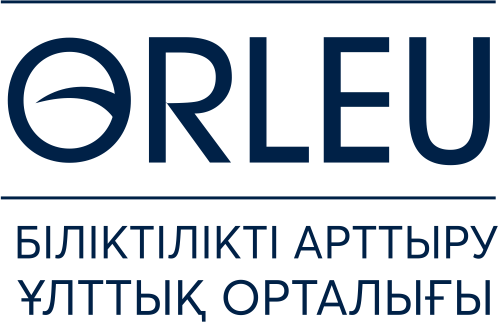Аңдатпа
Мақалада мектепке дейінгі және бастауыш сынып жасындағы балалардың ағылшын тілін ерте меңгеруінің когнитивтік және әдістемелік аспектілеріне арналған ғылыми зерттеулердің метаанализі ұсынылады. Зерттеудің мақсаты – осы саладағы халықаралық және қазақстандық зерттеулер арасындағы ұқсастықтар мен айырмашылықтарды анықтау. 2013–2024 жылдар аралығында жарияланған ғылыми еңбектерде келтірілген эмпирикалық деректер талданып, ерте тіл меңгерудің когнитивтік дамуға әсері, сондай-ақ қолданылған әдістемелер мен педагогикалық жағдайлар қарастырылады.
Халықаралық зерттеулерде ағылшын тілін ерте меңгеру балалардың жадын, орындаушылық функцияларын, абстрактілі ойлауын және академиялық дағдыларын дамытуға оң әсер ететіні атап өтіледі. Ең жоғары нәтижелер құрылымдалған сабақтар, тілдік орта және ата-аналардың белсенді қолдауы жағдайында байқалады. Қазақстандық тәжірибе үштілді білім беру шеңберінде ағылшын тілін енгізудің маңыздылығын көрсетеді, сонымен қатар білікті мамандардың жетіспеушілігі және көптілді ортаға әдістемелерді бейімдеу қажеттілігі сияқты қиындықтар анықталады. Тілді меңгерудің табысты болуы үшін оқушылардың уәждемесі, мұғалімнің кәсіби құзыреттілігі және интерактивті оқыту түрлерін қолдану маңызды рөл атқарады.
Салыстырмалы талдау халықаралық және қазақстандық тәжірибеде ерте тіл үйренуді бастау, тілдік ортаның қолдауы және жекелей тәсілдің маңыздылығы сияқты ортақ үрдістердің бар екенін көрсетеді. Дегенмен, Қазақстан жағдайында көптілділік, «kazinglish» тәрізді тілдік гибридтердің қалыптасуы және ерте ағылшын тілін оқыту әдістемелерінің тиімділігін арттыру мақсатында қосымша зерттеулердің қажеттілігі сияқты ерекше сын-қатерлер кездеседі. Зерттеу нәтижелері көптілді қоғам жағдайында білім беру бағдарламаларын жетілдіру және жаңа педагогикалық стратегияларды әзірлеу үшін пайдалы болуы мүмкін


